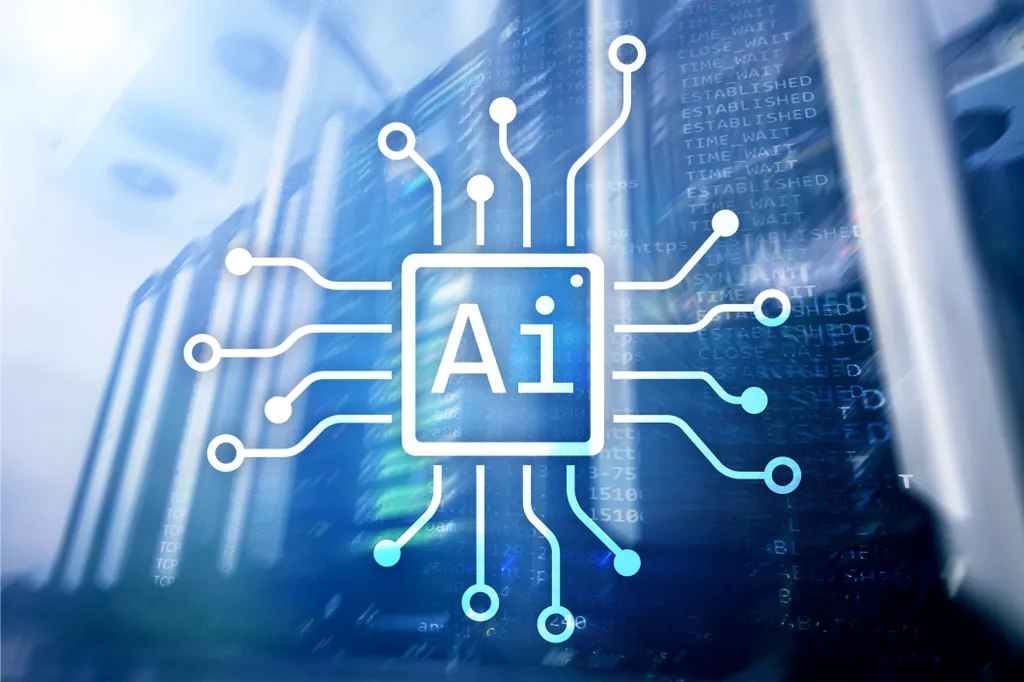Businesses are using cognitive automation, the next level of process computerization, more and more. Although they are still in their infancy, cognitive process automation tools are a significant development for contemporary software. IPA reduces risks, increases quality, accelerates workflows, and decreases costs. All of this is possible with an ROI in the double- or even triple-digits, but only if other techniques aimed at improving workflow processes are implemented in addition to ground-breaking technology. As a consequence, understanding what is cognitive automation in business is essential if you want to stay current with emerging technology.
What is cognitive automation, and how does it work?
Many brand owners need clarification on what is cognitive automation. One of the well-known applications of AI is cognitive automation. It is a unique approach to process optimization that blends business management with AI. According to the cognitive automation definition, it is feasible to accelerate decision-making inside the company with the aid of this technology. The technology increases overall enterprise efficiency by streamlining time-consuming and repetitive tasks and speeding up the entire business process. Hence, the brand may concentrate on its primary responsibilities. The capacity for data collecting, decision-making, and automation, in general, is improved via a series of methods collectively referred to as cognitive automation. Also, it makes suggestions on how automation and AI may be developed to be straightforward to use in a variety of circumstances, such as best practices documentation, reusability, or even inclusion in an app store as AI services.

Examples of cognitive automation implementation
These technologies have countless applications in daily life and the workplace. Among the most successful cognitive automation examples of implementation:
- Intelligent bots can rapidly and effectively identify any discrepancies between contracts and invoices and help you save a ton of time. It is one of the most successful applications of cognitive automation. They won’t make mistakes that would cost you money, so having them around may be incredibly helpful.
- Operations involving global trade finance can benefit significantly from cognitive computerization. All the essential documentation and regulatory checks like sanctions controls and buyer-seller allocation may be taken care of effectively. It could enable faster processing of international trade transactions.
- While they help in data collection and analysis, AI and NLP technologies are now being used to pick out changes in documents. Data mining techniques are also used to extract data related to program documents and assist in making necessary changes.
Many firms are just now learning about cognitive automation, which is still a new phenomenon. A cognitive automation solution, however, may be precisely what you require to reenergize resources and increase operational productivity to a new level.
Common use cases
Such state-of-art technologies are applied in various industries to enhance the efficiency of multiple processes:
- Retail is one of the most often used applications of this technology. Retailers can develop top-notch analytics and AI apps by enhancing their data-collecting processes with cognitive computerization.
- Prompt support. Another major use case is virtual assistants, which have the intelligence to deliver quick answers to queries.
- Employee registration. It is another time-consuming, complex, multi-step manual procedure that can be improved with cognitive computerization.
Whether it’s writing out an invoice, attending to patients in a hospital, procuring supplies, or recruiting an employee, modifying time-consuming or complicated operations necessitates having a clear grasp of each stage in the procedure.
Pros of cognitive automation for businesses
Many sectors have adopted cognitive robotics process automation solutions and are now enjoying the benefits that come with them. Consider which tasks and operations need to be automated before you decide to move forward. Examine the needs of your business to see if this is a viable option.
The primary beneficiaries using RPA are enterprises that provide IT management and support. It can make running the help desk much more efficient and simplify tracking network devices. You are better positioned to identify and swiftly fix problems with your IT infrastructure when you use automated procedures.
You may do away with manual or repetitive operations by incorporating intelligent tools into your organization with complete MetaDialog solutions. An end-to-end IT service management system gives you all the tools you need to deliver superior customer support, including intelligent automation, virtual agents, and helpdesk mechanization.
Challenges of cognitive automation
This technology is only growing in acceptance and evolution. Developers have identified several issues that may occur when businesses attempt to use these technologies:
- Getting a favorable return on investment could take longer than you think.
- It might be challenging to locate experts in autonomous business systems.
- It is crucial to guarantee that AI algorithms remain impartial. It would help you receive trustworthy and accurate findings from such systems.
- The possibility for uncontrollable expense growth.
The major difficulty is that enterprise-specific customization and integration are needed for cognitive automation. Dealing with simple activities, including extracting invoice data, is made easier by cognitive automation services. They read and comprehend documents’ text and structure with the help of optical text recognition and machine vision.
Primary distinctions between RPA and cognitive automation
The use of software “robots” to complete routine, rule-based programmed procedures is known as robotic process automation (RPA). These robots behave similarly to people while interacting with software and information sources. They are speedier, more trustworthy, and excellent at performing the same tasks over and over again. Nevertheless, they don’t necessarily “learn” and brush up.
The pace of digital development is relentless. One of the major trends to watch for is the advancement of robotics and cognitive automation, or IPA for short. In order to further the development of processes, IPA integrates the technologies of robotic process computerization and AI.
RPA is part of Intelligent Automation, which is the primary distinction between cognitive automation vs rpa. Intelligent automation employs instruments like machine learning, natural language processing, artificial intelligence, and mechanization to help alter a complex workflow process.
Such smart technologies provide the advantage of automating time-consuming, repetitive, and mundane processes, freeing up your team to work on more worthwhile, engaging, and creative projects. Although it’s an essential component of business process mechanization, it’s not the only technology you require for optimum effectiveness.
